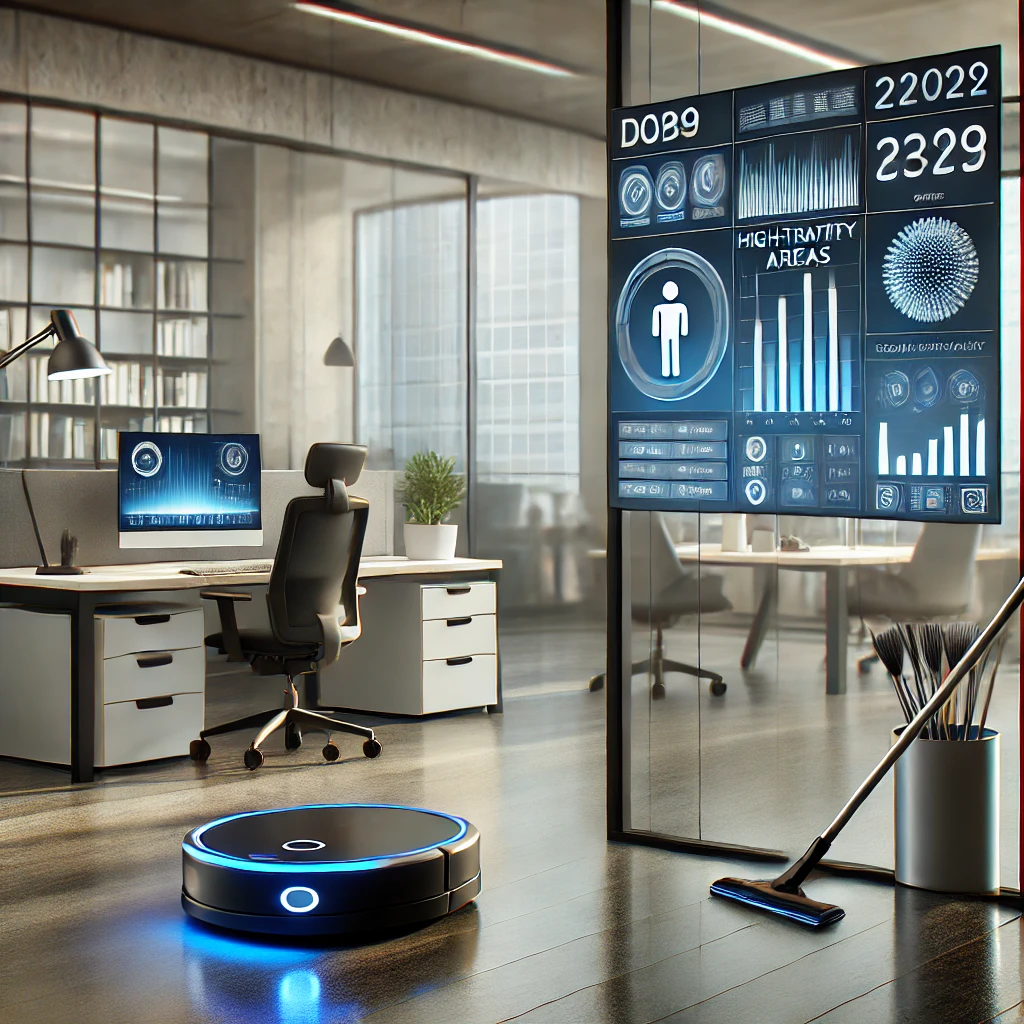A messy desk might signal a busy mind—but a messy office sends the wrong message altogether.
From smudged windows and dusty keyboards to overflowing bins and cluttered break rooms, the condition of a workplace reflects the standard a business sets. And that standard affects everything—productivity, client trust, team morale.
In 2025, Office Cleaning isn’t a nice-to-have. It’s a direct contributor to operational success. The sooner businesses treat it that way, the better their results.
A Clean Office Means a Healthier Team
In shared spaces, germs spread fast. One unwashed hand touching a lift button or shared mug can set off a domino effect of sickness. With employees still adjusting to hybrid schedules and indoor air quality under more scrutiny than ever, cleaning isn’t about appearance—it’s about safety.
Routine Office Cleaning plays a major role in:
- Reducing sick days caused by flu, colds, and other viruses
- Minimising dust and allergens that trigger asthma or sinus issues
- Keeping surfaces, air vents, and high-contact points disinfected
Studies show that proper cleaning protocols can lower illness rates significantly. For instance, according to the Australian Department of Health, high-touch surface cleaning is a proven strategy in reducing workplace transmission risks.
Clean spaces help staff feel safer, and that contributes to focus, energy, and loyalty.
Productivity Starts With the Environment
It’s difficult to work well in a space that feels neglected.
Imagine walking into a meeting room with crumbs on the table and the bin still full from yesterday’s lunch. It lowers the energy in the room. People disengage. Standards drop.
Conversely, a clean, organised environment encourages:
- Better concentration
- Higher attention to detail
- More pride in the work being done
By investing in Office Cleaning, businesses remove the micro-distractions that slowly erode performance. Desks stay tidy. Shared areas stay usable. Kitchens don’t feel like battlegrounds. It all adds up.
Office Cleaning Helps Shape First Impressions
Whether it’s a job interview, investor pitch, or weekly client check-in, the space you present becomes part of the conversation—even if no one says a word about it.
Visitors notice fingerprints on glass. They see carpet stains. They smell yesterday’s microwave lunch lingering in the kitchen.
Compare that with an office that smells fresh, looks polished, and feels welcoming. It reflects organisation, care, and discipline.
Consistent Office Cleaning allows you to present your business at its best—every day, not just when someone important is dropping by.
Common Office Cleaning Mistakes That Hurt Productivity
Even offices that outsource cleaning can run into trouble if the process isn’t well managed. Here are a few common oversights:
- Infrequent cleaning schedules: Weekly or fortnightly cleans often aren’t enough, especially in high-use areas like kitchens and bathrooms.
- Neglecting shared tech: Meeting room remotes, tablets, and printers are often overlooked—despite being handled regularly.
- Bin overflow: Overflowing or smelly bins send a clear message that no one’s paying attention.
- Surface-level cleans: Vacuuming floors but ignoring dusty skirting boards, vents, or windows doesn’t create a truly clean space.
Addressing these issues through structured Office Cleaning can improve not just how your space looks—but how it feels to work in.
Sustainable Cleaning Isn’t Optional Anymore
Today’s cleaning decisions carry environmental weight. Many businesses are expected to reduce their environmental impact across operations—including how offices are cleaned.
This means:
- Choosing eco-friendly, non-toxic products
- Reducing water and energy waste through efficient tools
- Using microfibre cloths instead of disposable wipes
- Managing waste streams with proper recycling practices
A good Office Cleaning provider can support these initiatives without compromising results. For modern organisations, green cleaning isn’t a bonus feature. It’s part of doing business responsibly.
Real Office, Real Results: A Short Story
Take the example of a Sydney-based creative agency with 35 staff. For years, they relied on a part-time cleaner who came twice a week. Staff constantly complained about bin smells, dusty desks, and unstocked bathrooms. It became a running joke. But it affected how people felt.
After switching to a dedicated commercial cleaning schedule—daily touchpoint cleaning, weekly deep cleans, and responsive spot cleans—the difference was immediate:
- Fewer complaints
- A cleaner fridge (finally)
- Better client feedback after office visits
The space stayed clean, and the culture lifted with it. No gimmicks. Just consistency.
What to Ask Before Committing to a Cleaning Provider
Hiring a professional cleaner is only useful if they deliver reliably. Before signing a contract, make sure to ask:
- What’s included in the service?
- Do you provide after-hours cleaning to avoid disruption?
- Are the staff trained, vetted, and insured?
- Are the products environmentally safe and scent-free?
- Can we scale up or down depending on office size or staff count?
A professional Office Cleaning service should answer all of these clearly and confidently.
Final Takeaway: Don’t Let Dust Decide Your Business Reputation
Offices are where deals are made, ideas are born, and teams come together. But they also accumulate dirt, dust, and distractions faster than we realise.
A consistent cleaning strategy is one of the simplest ways to improve wellbeing, increase productivity, and create an environment where people want to show up and do their best work.
Start by reviewing your current office cleaning routine. If it’s irregular, surface-level, or invisible until there’s a problem, it’s probably time for a change.
Clean offices aren’t just about hygiene—they’re a strategic advantage. And in business, the cleanest advantage often wins.

